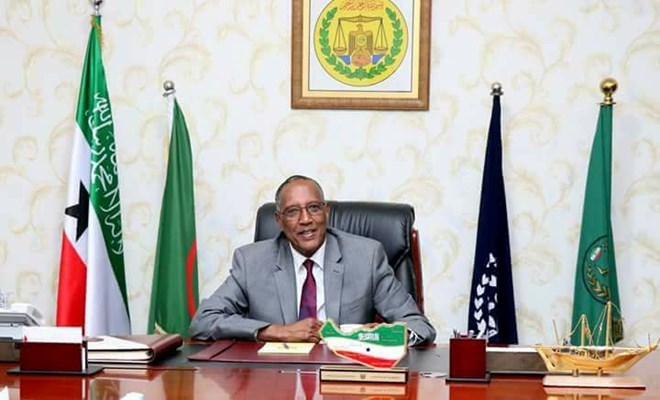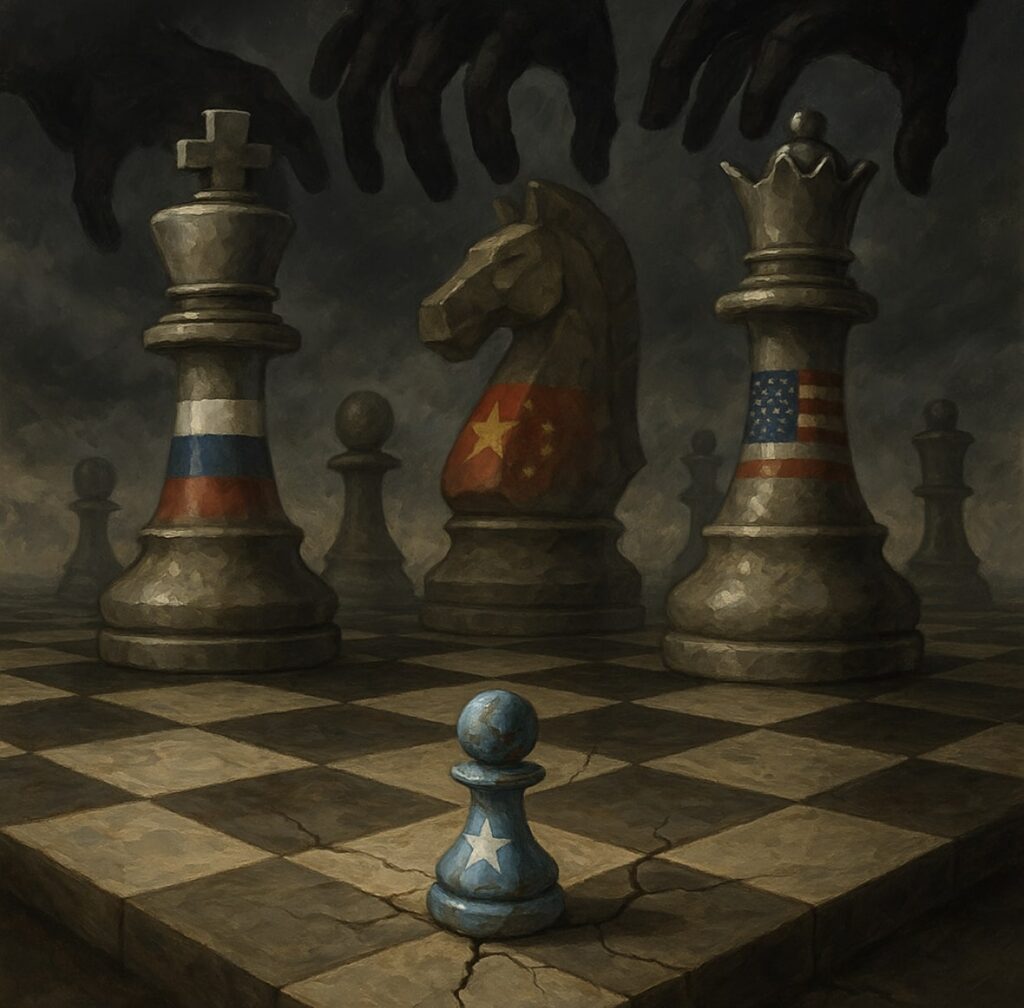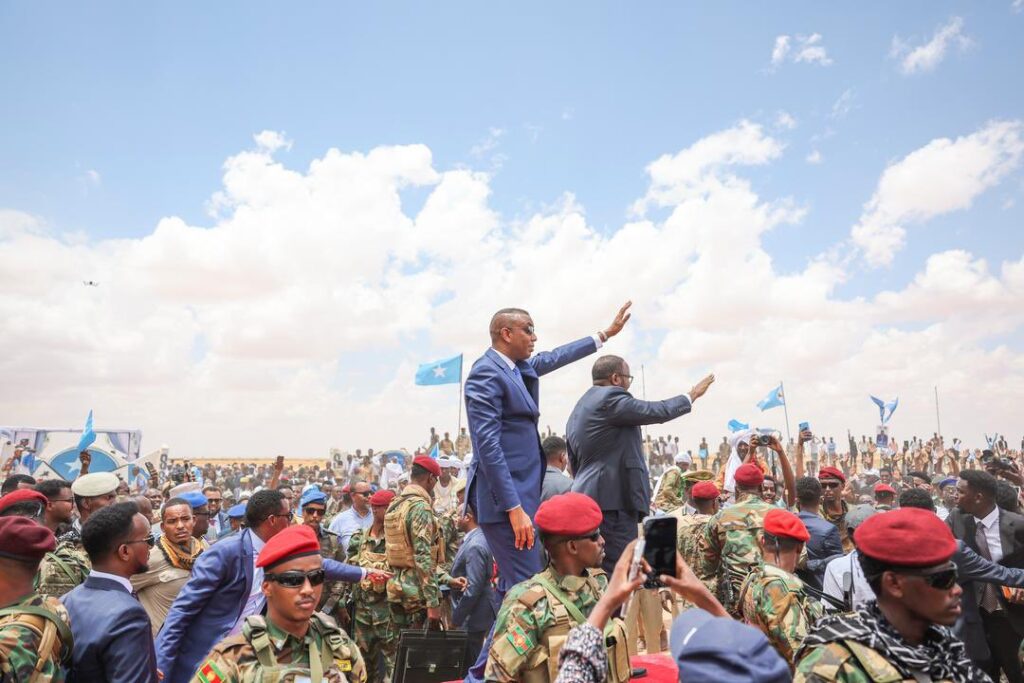Muse Bihi Abdi, who served as President of Somaliland from December 2017 to December 2024, remains a controversial figure in the region’s history. His background as a military officer and guerrilla fighter with the Somali National Movement (SNM) shaped his leadership style, which was characterized by a heavy reliance on force, suppression of dissent, and controversial policies. Despite these challenges, Bihi’s tenure also showcased Somaliland’s democratic resilience and provided lessons for governance in the Horn of Africa.
The Military Legacy and Its Shadows
Bihi’s military background instilled discipline and a strong sense of authority, but it also led him to view governance and conflict resolution through a militaristic lens. This approach often prioritized the use of force over dialogue and reconciliation, a pattern that defined his response to internal and regional crises.
The Sool region conflict is a glaring example. Instead of addressing the deep-seated grievances of the local population in Las Anod, Bihi opted for a heavy-handed military intervention. The outcome was disastrous, as local forces expelled Somaliland’s military, exposing the ineffectiveness of force-driven strategies and exacerbating regional tensions.
Bihi’s tenure also highlighted the strained relationship between Somaliland and the Federal Government of Somalia. While Somaliland declared independence in 1991 and has since sought international recognition, the Federal Government continues to claim Somaliland as part of its territory. Bihi’s administration maintained a hardline stance, emphasizing Somaliland’s sovereignty and refusing to engage in meaningful dialogue with Mogadishu.
This adversarial relationship missed opportunities for cooperative engagement. While Bihi championed Somaliland’s independence, his rigid approach further polarized the region, reducing the chances of negotiated solutions to shared challenges such as security, trade, and regional stability.
Despite the controversies, Bihi’s presidency also reflected Somaliland’s commitment to democratic principles. The 2024 presidential election, in which Bihi lost his re-election bid to Abdirahman Mohamed Abdullahi, was conducted peacefully and transparently. Bihi accepted the results gracefully, setting an important precedent for the peaceful transfer of power in Somaliland.
This democratic milestone stands in stark contrast to the political turmoil and election disputes often seen in Somalia’s federal system. Somaliland’s ability to hold free and fair elections serves as a model for the region, demonstrating the importance of institutional integrity, voter engagement, and respect for electoral outcomes.
Bihi’s administration also revealed the growing power of public opinion in Somaliland. From opposition to the controversial agreement granting Ethiopia access to Somaliland’s ports, to widespread criticism of his militaristic policies, the people’s voices grew louder during his presidency. While Bihi often resisted public sentiment, the rising demand for accountability signaled a shift in political dynamics.
The peaceful transfer of power in 2024 further reinforced the importance of the electorate’s voice. It demonstrated that politicians who fail to listen to their constituent’s risk losing their mandate to govern. This awakening in political consciousness bodes well for Somaliland’s democratic future.
Somaliland’s democratic process offers valuable lessons for the Federal Government of Somalia. The peaceful elections, acceptance of results, and increasing role of public opinion in shaping governance highlight the strengths of Somaliland’s political system. In contrast, Somalia has struggled with electoral disputes, corruption, and a lack of transparency, leading to prolonged instability.
Somalia can learn from Somaliland’s emphasis on building institutions that prioritize the rule of law and the people’s voice. Adopting a similar approach to electoral processes, fostering inclusivity, and addressing grievances through dialogue could help Somalia strengthen its democratic foundations.
Muse Bihi Abdi’s Legacy: A Cautionary Tale
Muse Bihi Abdi’s presidency offers both cautionary lessons and moments of progress. His militaristic governance style and suppression of dissent alienated many Somalilanders, while his handling of the Sool conflict and controversial policies like the Ethiopia port agreement underscored the dangers of unilateral decision-making. However, the successful election under his administration and the peaceful transition of power highlight Somaliland’s resilience and its commitment to democracy.
Bihi’s tenure serves as a reminder that leadership is measured by policies that unite and uplift, not by force or suppression. The future of Somaliland—and the broader region—lies in fostering dialogue, listening to the people, and building institutions that serve as pillars of democracy and justice. Muse Bihi Abdi’s mixed legacy will be a point of reflection for future leaders seeking to balance authority with empathy, and sovereignty with cooperation.
by, Ahmed Jama





